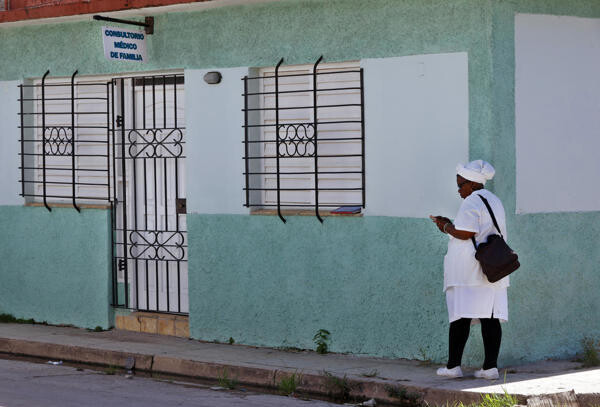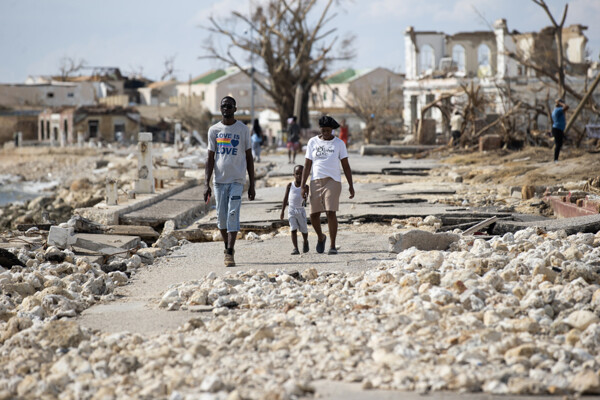
A Cuban girl died after her insulin became spoiled due to lack of refrigeration during power outages. The news was reported by Cubanet. According to a doctor who issued the death certificate, the medication was not in optimal preservation conditions. The girl's father refused to sign the document attributing the death to alleged multi-organ failure.
The tragic incident highlights the devastating consequences of power cuts in Cuba, which affect even those who rely on medications that require refrigeration for proper preservation. In this case, the girl could not receive the necessary treatment due to the decomposition of her insulin, leading to her death.
The doctor's action in noting the poor preservation condition of the medication in the death certificate emphasizes the importance of ensuring adequate conditions for medicine storage, especially in situations where electrical power is not constant. On the other hand, the father's refusal to accept a generic diagnosis as the cause of death underscores the need to clarify the facts and responsibilities in the face of a tragedy of this magnitude.
This case has generated concern and dismay among the population, as well as a debate about the quality of health services in the country and the management of the energy crisis. Through this tragic story, the importance of having effective contingency measures to ensure continuous access to medical care and essential medications, even in adverse circumstances, is evident.














